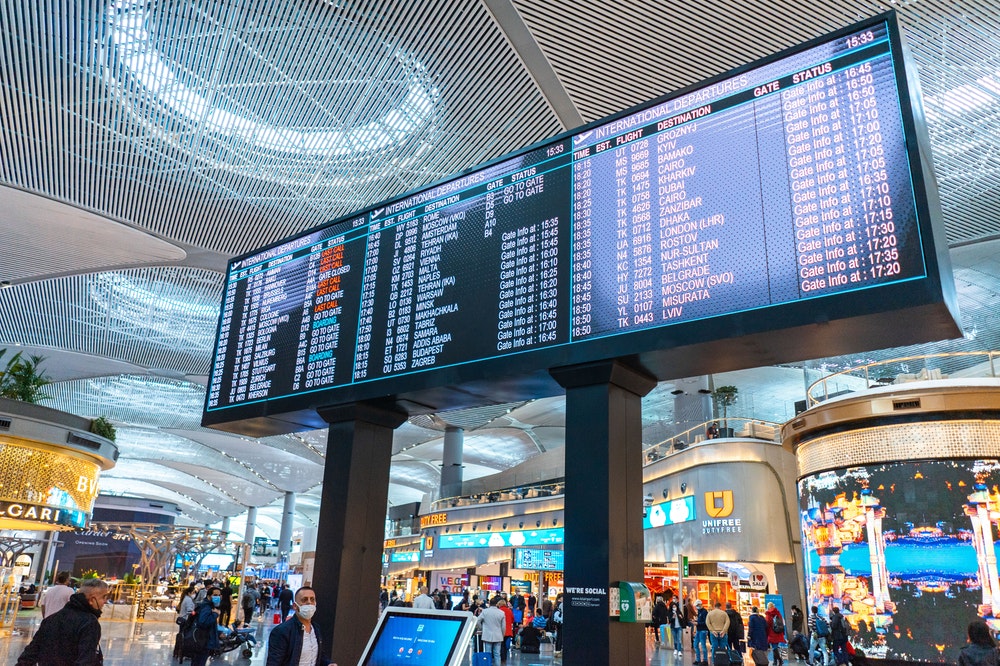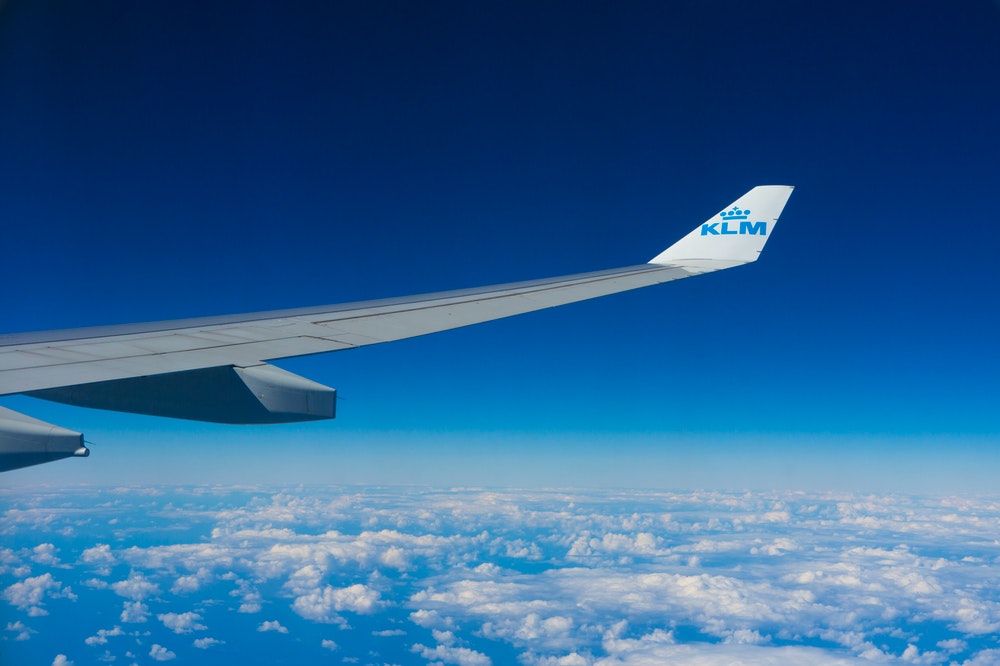Understanding the Montreal Convention and EC261.
Regarding air travel, nothing can be more aggravating than missing luggage or a last-minute flight cancellation. But did you know that global laws are designed to protect you from these situations? The Montreal Convention and EC261 (European Passenger Rights Regulation) are two of the most significant.
In this blog post, we’ll explain the main differences between these two so you can travel confidently (and know what to do when things go wrong).
Check your compensation online.
Key Differences Between the Montreal Convention and EC261
You should still read the entire article to fully understand the regulations, but here are the main distinctions:
- The Montreal Convention (MC99) is applied worldwide.
- EC261 only applies to flights leaving from Europe (all airlines) and flights operated by European airlines.
- The Montreal Convention (MC99) covers baggage handling, cargo, and passenger injuries.
- EC261, however, helps you get compensation for flight delays, cancellations, and overbookings. It does not cover baggage.
Continue reading to better understand your rights.
By Europe and EU here on this page we mean all EU Member States, the United Kingdom (UK), Guadeloupe, French Guiana, Martinique, Reunion, Mayotte, Saint Martin (French Antilles), the Azores, Madeira, the Canary Islands, Iceland, Norway, and Switzerland.
Introduction to Air Travel Rights in Europe and When Flying With European Airlines Like KLM
What You Need to Know
When you’re rushing to catch a flight or dealing with an unexpected delay, the last thing you’re thinking about is international aviation law. However, understanding your rights can make a big difference when things go wrong.
The Montreal Convention and EC261 are in place to offer protections, but they serve different purposes and cover different situations.
Why These Rules Matter
Knowing these regulations can help you get compensation and the help you need.
Whether it’s about lost luggage or a delayed flight, being informed can save you time, money, and a great deal of trouble. Let’s explore what each set of rules covers and how they can benefit you.
A quick note before we start – we’ll discuss only the key points. This article is primarily designed for travellers seeking to understand their rights when flying with KLM and other European airlines. It is not intended for legal experts to require exhaustive details on every legal aspect.
The Basics of the Montreal Convention
What Is the Montreal Convention?
The Montreal Convention is a global agreement created in 1999 to bring together and update several old treaties about air travel. It mainly focuses on the responsibilities of airlines when it comes to passenger safety, luggage, and cargo.
Key Elements
The Montreal Convention covers:
- Baggage loss and damage. Airlines are responsible for baggage that is lost, damaged, or delayed. Thanks to this law, you can claim compensation for lost baggage, damaged baggage and delayed baggage.
- Passenger injury. It specifies the required compensation that airlines must give if a passenger is injured or dies.
- Worldwide coverage. Unlike EC261, the Montreal Convention is applicable in most of the world and is recognized by many more airlines than the European regulation.
See the full document.
How Can You Get This Compensation?
When it comes to getting compensation for lost baggage or compensation for injuries or unfortunate deaths, most flight compensation companies do not handle these kinds of claims.
You will need to contact the airline on your own.
You will need to submit the claim personally.
Visit klm.com to learn more about the specific procedures.
Why It’s Important
This agreement is important because it standardizes air passenger rights across various countries, making it simpler for travellers to know what they are entitled to no matter where they are flying. It doesn’t matter if you are travelling to or from Europe, or if it’s a European airline or not – this law might still protect you.
Check your compensation online.

The Basics of EC261
What Is EC261?
EC261 is a regulation created by the European Union to help passengers if their flights get delayed or cancelled. Made in 2004, it covers all flights that leave from an EU country or arrive in an EU country on a European airline.
When leaving from a European airport – it doesn’t matter which airline you are flying with.
When leaving from outside Europe and flying to a European airport – it has to be a European airline.
Flights from a non-European airport to another non-European airport (both places are outside Europe) are not included.
Key Elements
EC261 offers financial compensation and assistance for:
- Flight delays. You are eligible for monetary compensation if your flight is delayed by more than three hours.
- Flight cancellations. If your flight gets cancelled less than 14 days before you are supposed to fly, you can claim compensation from KLM (and other airlines).
- Denied boarding. If you weren’t allowed to board because the flight was overbooked, you are entitled to compensation from the airline for denied boarding.
In all these cases, the disruption must be the airline’s fault for you to claim compensation.
In all these cases, you might also have a right to care.
How Can You Get This Compensation?
To receive compensation from KLM, there are two primary ways – handling it yourself or using a flight compensation company. Each method has its advantages and disadvantages, so it’s important to consider them carefully before making a choice.
If you decide to handle the compensation process on your own, it’s important to understand that this can be a lengthy process, sometimes taking several months. In essence, it can be time-consuming and daunting for those unfamiliar with airline rules and legal terminology. However, you get to keep the entire compensation if and when you receive it.
You can opt to collaborate with a flight compensation company. Though their services are not free, they can significantly reduce the stress and workload involved in claiming compensation yourself. These companies are experienced in dealing with airlines and working through the complex process of submitting a claim for flight delays or cancellations.
Why It’s Important
EU261 matters because it focuses on protecting passenger rights, making sure that airlines are accountable for delays and cancellations, and that they offer proper compensation.
Check your compensation online.

